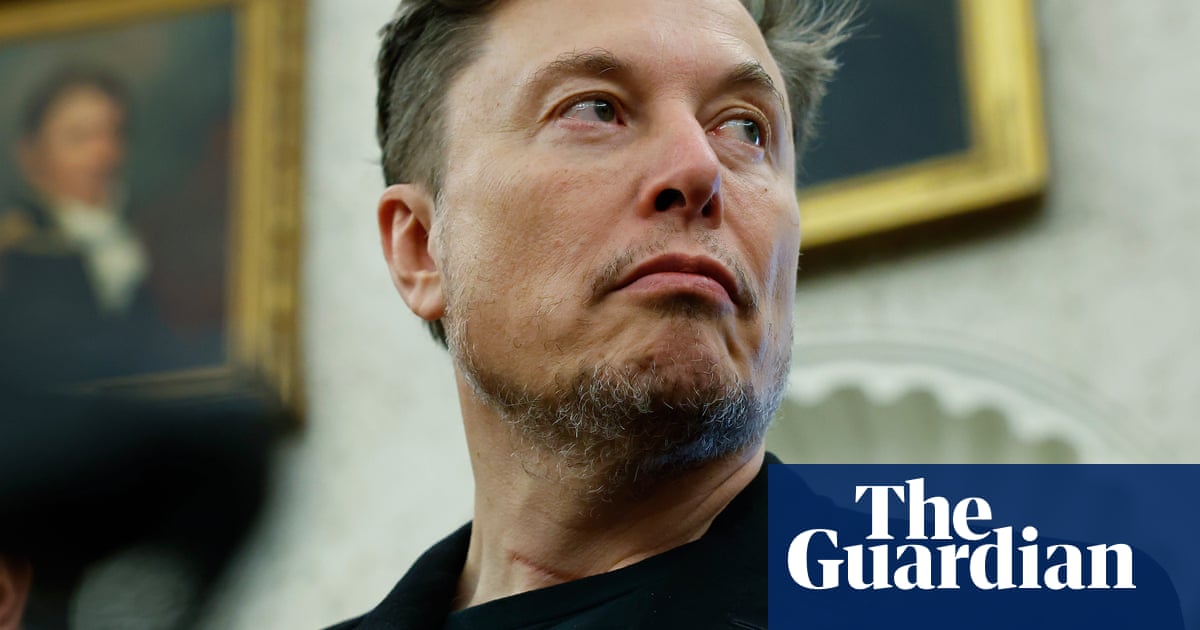The US Federal Trade Commission has demanded documents from Media Matters about possible coordination with other media watchdogs accused byElon Muskof helping orchestrate advertiser boycotts of X, according to a document seen by Reuters on Thursday.
The civil investigative demand seen by Reuters seeks information about Media Matters’ communications with other groups that evaluate misinformation and hate speech in news and social media, including a World Federation of Advertisers initiative called Global Alliance for Responsible Media.Xhas ongoing lawsuits against both organizations.
The inquiries mark an escalation in US government scrutiny of whether groups like Media Matters helped advertisers coordinate to pull ad dollars from X after Musk bought the social media site formerly known as Twitter in 2022.
The demand seeks all documents Media Matters, a Washington, DC-based liberal advocacy group, has produced or received in the X lawsuit related to advertiser boycotts.
FTC chair Andrew Ferguson, who was appointed byDonald Trumpto run the agency, highlighted the potential for an investigation in December.
“We must prosecute any unlawful collusion between online platforms, and confront advertiser boycotts which threaten competition among those platforms,” Ferguson said in a statement on an unrelated case.
The US House judiciary committee, chaired by Republican member Jim Jordan, accused the Global Alliance for Responsible Media last year of coordinating an illegal group boycott. The initiative was shut down in August.
A spokesperson for the FTC declined to comment.
Media Matters and the World Federation of Advertisers did not immediately respond to a request for comment.
An investigative demand is not proof of wrongdoing, and not all investigations result in the FTC taking enforcement action.Advertisingspending on X is set to increase in 2025 for the first time since Musk bought it in 2022, research firm Emarketer said in March, but it remains below its pre-Musk level. The Tesla CEO was a major donor to Trump’s 2024 presidential campaign and runs his initiative to slash the federal workforce.
Last year, X sued the World Federation of Advertisers and a group of major brands in federal court in Texas, accusing them of illegally conspiring to curtail ad spending.
The group has asked a judge to dismiss the lawsuit, contending that advertisers chose other platforms based on their concerns about X’s commitment to brand safety.
Media Matters and X are battling each other in federal courts in Texas and California.
X sued Media Matters in 2023, accusing the organization of defaming it in an article that said ads for major brands had appeared next to posts on X that touted far-right extremist content.
Media Matters has denied the allegations, and sued X, accusing it of abusive, costly and meritless lawsuits to punish the group for its reporting on advertising on X after Musk purchased the site.
The organization has said defending against X’s claims has cost it millions of dollars.
